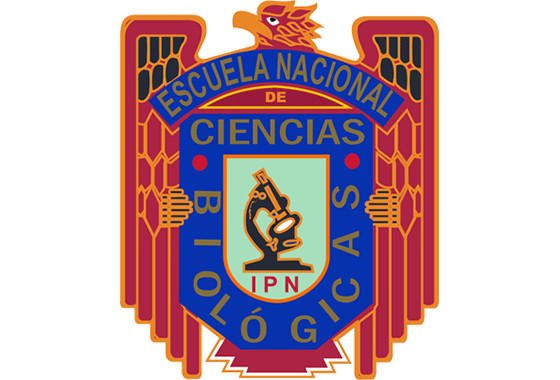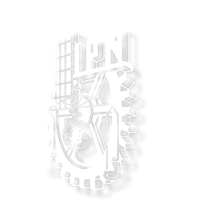Anti-CD22
Acute lymphoblastic leukemia (ALL) is a hematologic malignancy with abnormal production of immature blasts in the bone marrow with infiltration towards spleen, liver, lymph nodes, and CNS. It is commonly diagnosed in pediatric oncology and its treatment is based on chemotherapy; however, in patients with relapses, the use of cell-based or antibody-based immunotherapy has been useful. Currently, drug-conjugated antibodies (ADC) are available, these ADC consist of an antibody conjugated to a “payload” or drug, which exert their activity by inducing endocytosis of the antibody and releasing the drug into the target cells. ADCs have proven their efficacy against cancers refractory to treatment, resulting in approvals for various indications, however have some disadvantages related to adverse events, for instance inotuzumab ozagamycin, an anti-CD22 antibody conjugated to calicheamicin, a highly cytotoxic agent that can induce hepatotoxicity in patients with ALL. This has led to a diversification in the use of “payloads” for the development of ADCs, as in the case of histone deacetylase inhibitors (HDACi), which when are bioconjugated to antibodies exhibit efficacy against tumor models, which is related to their cytotoxic activity and inhibition of cell migration. Our team is looking to develop an HDACi-conjugated antibody that can be used as a treatment against ALL.







